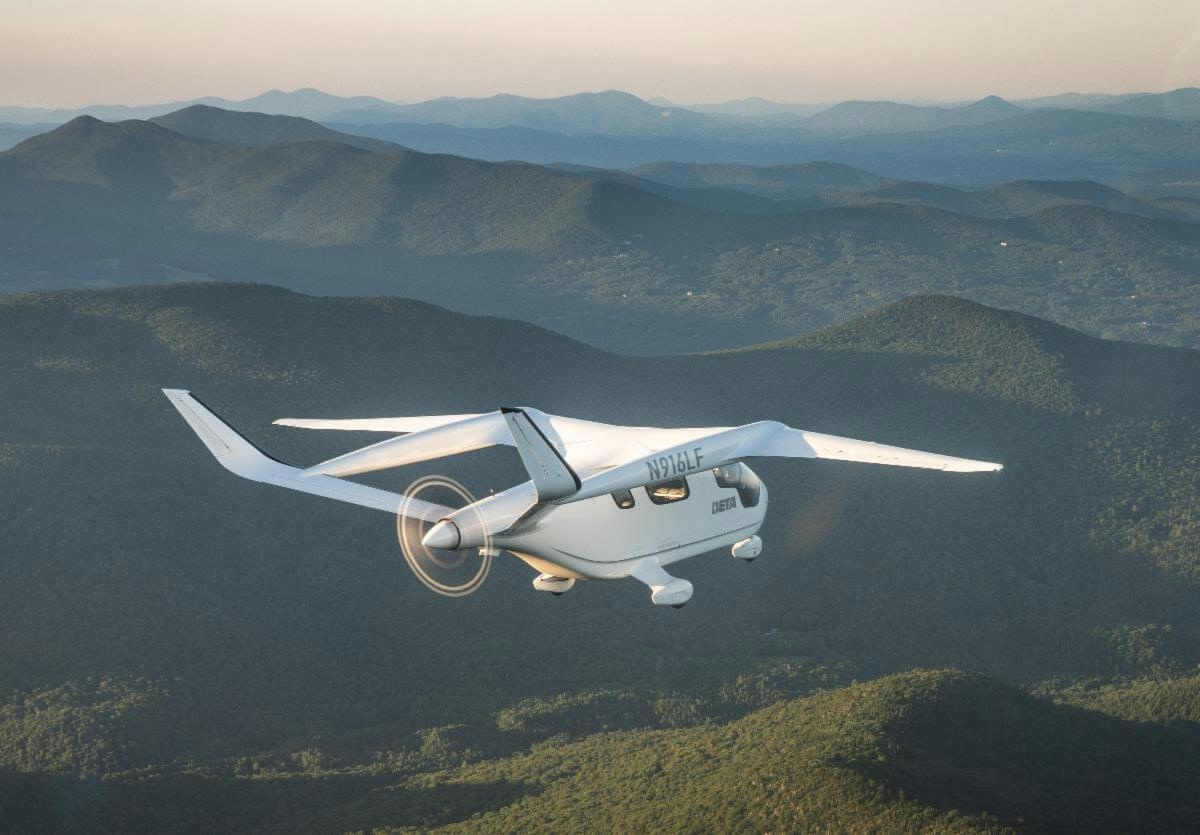AeroGenie — Your Intelligent Copilot.
Trending
Categories
Hartzell Receives FAA Type Certificate for Part 35 Electric Engine Propeller

Hartzell Secures FAA Type Certification for Electric Engine Propeller
Hartzell Propeller has reached a landmark achievement in the field of electric aviation by obtaining the Federal Aviation Administration (FAA) Part 35 Type Certification for the first propeller specifically engineered for advanced air mobility (AAM) aircraft. This propeller, developed in partnership with BETA Technologies, underwent comprehensive testing on BETA’s proprietary electric propulsion systems, which are designed and manufactured internally. The certification represents the FAA’s inaugural approval of a propeller explicitly intended for integration with electric propulsion, marking a significant advancement for the burgeoning electric aviation sector.
Design and Testing Tailored for Electric Propulsion
The certification process followed four years of exhaustive ground and flight testing, during which the propeller consistently surpassed FAA Part 35 performance and safety requirements. The design features a five-bladed, carbon fiber, ground-adjustable fixed pitch configuration, specifically optimized to address the unique operational demands of electric engines. These include managing variable loads and conditions such as regenerative braking and startup sequences. Hartzell President JJ Frigge emphasized the broader implications of the design, stating that while it was created for BETA Technologies, it holds potential applications across the entire AAM industry.
BETA Technologies plans to deploy Hartzell’s propeller to enhance the performance and safety of its ALIA vertical takeoff and landing (VTOL) and conventional takeoff and landing (CTOL) aircraft. The propeller is also intended for use in a wider array of AAM platforms utilizing similar electric propulsion architectures. Kyle Clark, founder and CEO of BETA Technologies, praised Hartzell’s engineering expertise and certification experience, noting their critical role in advancing the aircraft toward market readiness and regulatory approval.
Collaborative Development and Industry Implications
Since 2021, Hartzell and BETA have collaborated closely, progressing from initial aerodynamic modeling to full-scale validation. Over the past four years, BETA’s ALIA aircraft have operated with Hartzell’s propellers, achieving milestones such as the industry’s first crewed electric vertical takeoff and landing (eVTOL) transition and completing several long-range flights, including a coast-to-coast journey across the United States and a comprehensive tour of Europe.
The FAA’s certification of this electric engine propeller underscores the accelerating momentum within electric aviation but also highlights emerging challenges. Integrating certified electric propellers with existing aircraft systems may introduce complex technical and regulatory issues. Furthermore, competition among electric propulsion technologies is expected to intensify, prompting increased industry interest and potentially reshaping market dynamics as companies expedite development and forge strategic partnerships.
This development is anticipated to catalyze broader adoption of sustainable practices and technological innovation throughout the aviation sector. As manufacturers increasingly pursue electric propulsion solutions, the industry is poised for rapid evolution in both technological capabilities and regulatory frameworks, positioning electric aviation as a central element in the future of air transport.

Emirates Unveils Cabin Design for New Boeing 777X

Eighteen Years On, the Airbus A380 Remains Central to a $34 Billion Airline

How a boom in luxury airline seats is slowing down jet deliveries

Navitaire Outage Attributed to Planned Maintenance

DigiYatra Debuts Outside Aviation at India AI Impact Summit

Vietnam Orders Strengthen Boeing’s Commercial Outlook

Airbus Signals Uncertainty Over Future A400M Orders

JobsOhio Awards $2 Million Grant to Hartzell Propeller for Innovation Center

Collins Aerospace Tests Sidekick Autonomy Software on YFQ-42A for U.S. Air Force CCA Program

How the Airbus A350-1000 Compares to the Boeing 777
